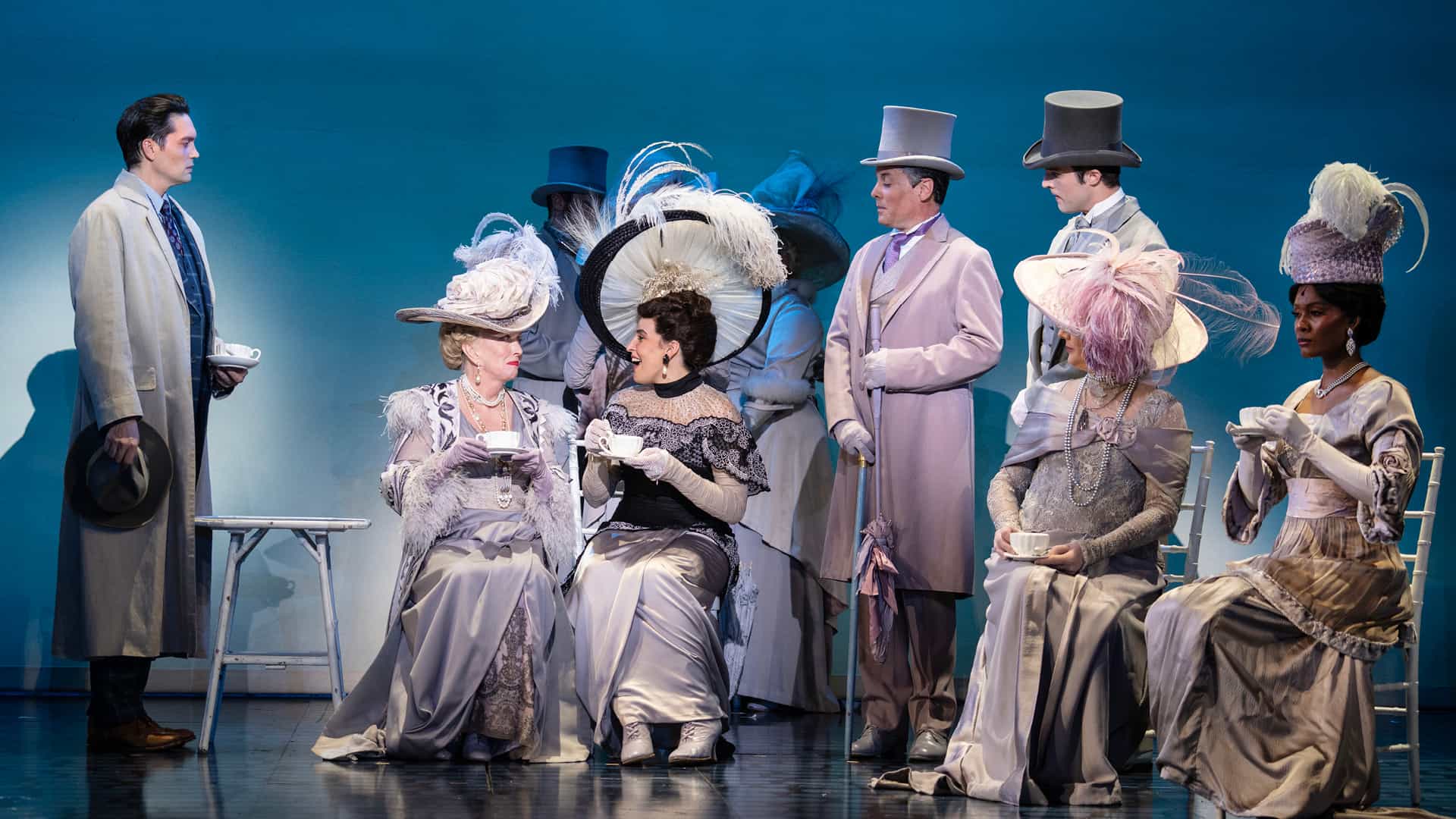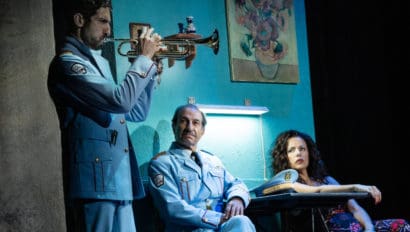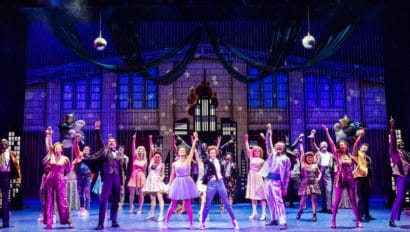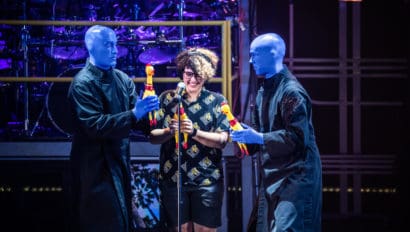
Student blogger Evan Fitzpatrick analyzes the themes and original source material for the hit Broadway musical My Fair Lady, playing February 16-18 at The Hanover Theatre & Conservatory for the Performing Arts.
“Pygmalion”
“Weird Science”
Taming of the Shrew
“10 Things I Hate About You”
“Deliver Us From Eva”
“She’s All That”
What common thread do these stories share with My Fair Lady?
…a plotline we’ve been examining for centuries, a female transformation story “at the hands of a man.”
In the classical myth, Pygmalion, a king and sculptor carves a woman from ivory and falls in love with her. She is brought to life by Aphrodite and they live happily ever after. Like the Anthony Micheal Hall nerd team in the 1980s film “Weird Science”, this plot follows what I describe as a male creation story.
In 1913 George Bernard Shaw wrote a play called Pygmalion based on the myth mentioned above. Shaw’s play eventually inspired the 1956 Broadway musical My Fair Lady by Lerner and Lowe later spinning off a musical album and an Oscar-winning film adaptation in 1964.
My Fair Lady bears a strong reflection to a variety of popular pieces old and new including Shakespeare’s Taming of the Shrew, the 1990s “10 Things I Hate About You,” “She’s All That,”as well as the 2000s “Deliver Us From Eva” where transformation is noticeably orchestrated by a man making a wager or being paid to change a woman by using his own prowess or superior knowledge.
Set in Edwardian England, My Fair Lady protoganist, professor Henry Higgins, boasts that he can transform a painfully cockney-accented poor flower girl named Eliza Doolittle into a dutchess with his world-renowned linguistic skills. He becomes fixated with this game. Yet, as Eliza changes, the audience quickly learns this metamorphosis is on her terms. Spoiler alert, Eliza far exceeds Higgins’ brow-beating efforts, changing her own expectations of herself.
The national touring production of My Fair Lady appearing at The Hanover Theatre February 16-18, 2024 is based on The Lincoln Center Theater revival reinterpreted for a modern audience. Last year the Boston Globe exclaimed, “This ‘My Fair Lady’ revival knows what time it is – The Boston Globe” (Christopher Wallenbergh). While it’s still set in 1912, I’m hopeful that title indicates a production that takes into consideration everything women have had to fight for and gained over the last century.
The biggest question I have for this touring adaptation coming to The Hanover Theatre is will the “loverly” Eliza and tyrannical Higgins end up together? What hints will we have at the end? Will Higgins soften and be more vulnerable to appeal to modern audiences vs. the bullying blowhard of the 1950s? George Bernard Shaw was adamant that they shouldn’t end up together in his play. In Shakespeare’s Shrew and later spinoffs, we see how people originally at odds can find each other authentically, though their connection began as a ruse.
Once independent, will she fall for him? Either way, I know the audience will root for Eliza. Though I do wonder if I’ll be able to understand Eliza’s cockney accent when I sometimes need subtitles for Gordon Ramsey in Hell’s Kitchen reruns. . .
I’m certain that in the end, this modern Eliza will not touch those slippers.

Evan Fitzpatrick


